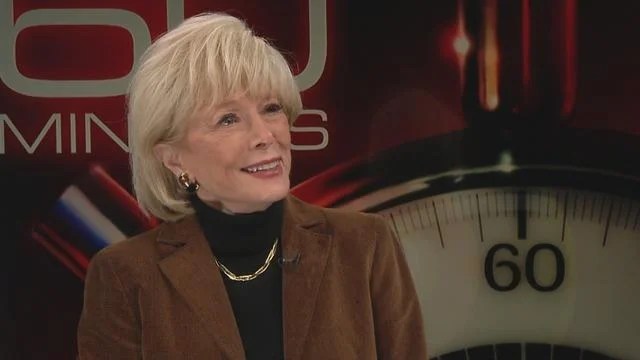For decades, the prestigious program "60 Minutes" has been a beacon of investigative journalism, captivating audiences with its compelling storytelling and in-depth reporting. The reporters behind this acclaimed show have not only shaped public opinion but have also shed light on critical issues affecting society. Through their tireless efforts, these journalists have uncovered the truth, holding the powerful accountable and bringing justice to the forefront.
The legacy of "60 Minutes" reporters is built on their relentless pursuit of the truth. Each story they cover is meticulously researched and presented with a level of integrity that has earned them the respect of viewers worldwide. From political scandals to human interest stories, these reporters have a knack for captivating their audience and making complex issues accessible. Their dedication to journalism has made them household names, synonymous with trust and credibility.
As we delve deeper into the world of "60 Minutes" reporters, it becomes evident that their impact extends far beyond the screen. They have not only informed the public but have also inspired a new generation of journalists to uphold the values of investigative reporting. In this article, we will explore the lives and careers of these remarkable individuals, their contributions to journalism, and the vital role they play in our society.
Who Are the Most Notable 60 Minutes Reporters?
Throughout its history, "60 Minutes" has featured a roster of distinguished reporters, each bringing their unique perspective and expertise. Among the most notable are:
- Mike Wallace
- Morley Safer
- Diane Sawyer
- Anderson Cooper
- Lesley Stahl
What Makes 60 Minutes Reporters Stand Out?
The reporters of "60 Minutes" are renowned for their distinctive approach to journalism. Here are some qualities that set them apart:
- In-Depth Research: They invest time in understanding the subject matter thoroughly.
- Fearlessness: They tackle controversial topics and are not afraid to challenge authority.
- Storytelling Skills: They possess the ability to craft compelling narratives that engage viewers.
- Ethical Standards: They adhere to the highest standards of journalistic integrity.
What is the Impact of 60 Minutes Reporters on Society?
The influence of "60 Minutes" reporters extends beyond individual stories. Their work has led to significant societal changes, including:
- Increased awareness of social justice issues
- Policy changes based on investigative findings
- Public accountability for corrupt practices
Can You Provide a Biography of a Prominent 60 Minutes Reporter?
One of the most influential reporters on "60 Minutes" is Lesley Stahl. Below is a brief biography and some personal details about her life:
| Detail | Information |
|---|---|
| Name | Lesley Stahl |
| Date of Birth | December 16, 1941 |
| Birthplace | Saigon, Vietnam |
| Education | University of Colorado Boulder |
| Career Highlights | 60 Minutes Correspondent, Former White House Correspondent |
| Awards | Multiple Emmy Awards, Edward R. Murrow Award |
What Challenges Do 60 Minutes Reporters Face?
Investigative journalism is fraught with challenges. Some of the common obstacles faced by "60 Minutes" reporters include:
- Access to Information: Gaining access to sensitive information can be difficult.
- Legal Threats: Reporters often face lawsuits or threats from powerful entities.
- Time Constraints: Producing high-quality investigative reports can be time-consuming.
How Do 60 Minutes Reporters Prepare for Their Stories?
Preparation is key for "60 Minutes" reporters. Their process typically involves:
- Extensive Research: Diving deep into the topic to gather facts and data.
- Interviews: Conducting interviews with various sources to get multiple perspectives.
- Fact-Checking: Verifying all information before it goes to air.
What Legacy Will 60 Minutes Reporters Leave Behind?
The legacy of "60 Minutes" reporters is one of courage, integrity, and dedication to the truth. Their work has not only informed the public but has also instigated change and fostered accountability. As they pave the way for future journalists, their impact on the field of journalism will undoubtedly be felt for generations to come.
How Can We Support Investigative Journalism Like 60 Minutes?
Supporting investigative journalism is essential for a healthy democracy. Here are ways individuals can contribute:
- Subscribe to Quality News Outlets: Support organizations that prioritize investigative reporting.
- Engage with Journalists: Follow and interact with reporters on social media.
- Advocate for Press Freedom: Stand up for the rights of journalists facing censorship or persecution.
In conclusion, the "60 Minutes reporters" have played a crucial role in shaping the landscape of modern journalism. Their fearless pursuit of truth and commitment to ethical reporting serves as an inspiration to aspiring journalists and a reminder of the importance of holding power accountable. As we reflect on their contributions, it becomes clear that their legacy will continue to resonate, fostering a culture of inquiry and justice in society.



